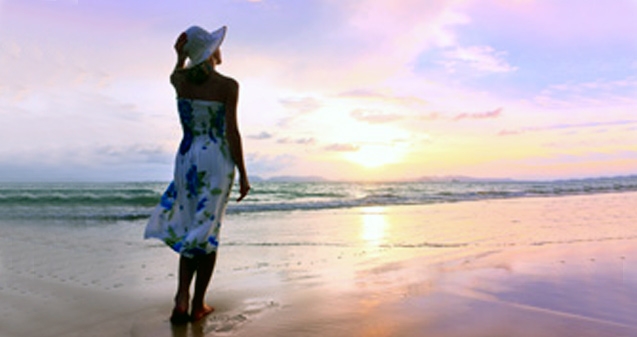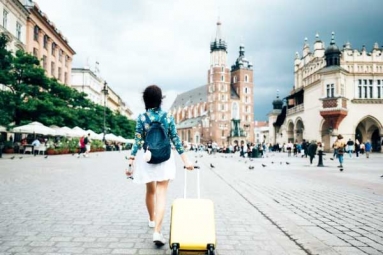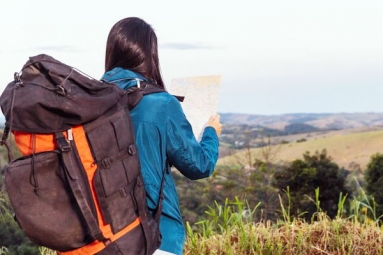
People who have never traveled alone often describe their first solo trip as an almost religious experience. To take in new surroundings unfiltered by the prejudices, tastes or preferences of a traveling companion can be heady stuff. Traveling alone gives you the chance to indulge yourself fully.
Of course, single travel has its perils too -- such as safety concerns, loneliness and the dreaded single supplement. But a little preparation and common sense can save you money and get you through the rough spots.
Why Travel Alone?
Solo travel can be the ultimate in self-indulgence; you can rest when you want and pour it on when you're feeling ambitious. Another benefit is that your mistakes are your own, and your triumphs all the more exciting. There's no worrying that your insistence on trekking all the way across town to a museum that was closed ruined your partner's day; it's your own day to salvage or chalk up to a learning experience.
Also, you can do exactly what you want to do -- all the time. Always wanted to try surfing? Sign up for a class and go for it; there's no one sitting on the beach bored while you have the time of your life. Have no desire to see Niagara Falls? Just drive right by.
Safety First:
Perhaps the foremost concern of the solo or single traveler is safety. Without a companion to watch your back, you are more vulnerable to criminals and scam artists, as well as simple health worries. But the saying "safety in numbers" isn't necessarily true -- a solo traveler can blend in more easily than a group, and not drawing attention to yourself as a tourist is one way to stay secure.
Here are a few tips:
Know how long it takes and how much it costs to get from the airport to your hotel or to the city center. Solo travelers are more likely to be "taken for a ride," so ask the taxi driver how much it will cost before you leave. If it's considerably different from what you know to be true, take a different cab.
Find out if hotels at your destination are open late, so you don't end up sleeping in your car or worse.
Be your own best counsel; if it doesn't feel right, don't do it.
Carry good identification, in more than one place.
Keep to open and public places, especially at night.
Exude confidence and walk purposefully.
Avoid appearing like a tourist. Ditch the Disney T-shirt and don't walk around with your face in a guidebook. (See 10 Things You Should Never Wear Abroad for more thoughts on this one.)
Don't draw attention to yourself by wearing flashy clothes or jewelry.
Lie a little. Not only can you invent your own persona or history, but you can also make your life easier with little white lies. When asking directions, don't let on that you are alone: "Can you direct me to the museum? I have to meet a friend."
Check your maps and transportation schedules before leaving your hotel/train/rental car/tourist office. A solo traveler poring over maps can be a mark for unsavory types.
Leave a copy of your itinerary with a friend or family member at home, and stay in touch regularly via phone or e-mail.
For U.S. citizens traveling internationally, consider signing up for the free Smart Traveler Enrollment Program (STEP), which could help the State Department assist you in case of emergency. If you're from outside the States, see if your home country has a similar program.
Source: Independenttraveler










